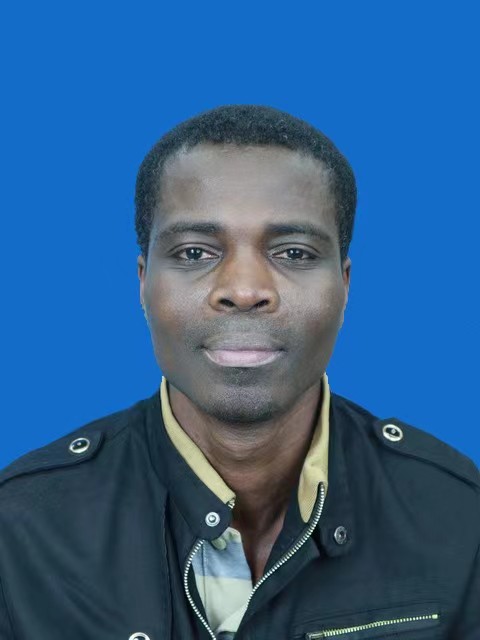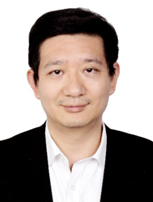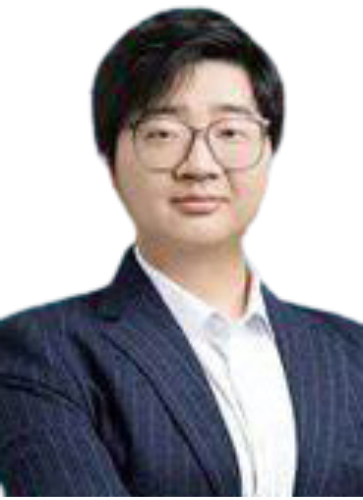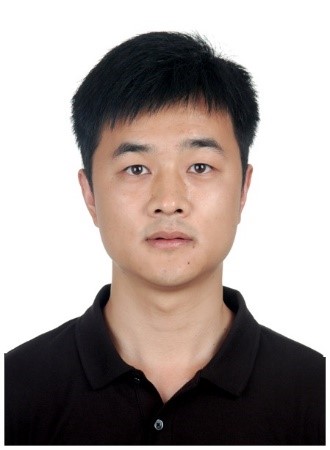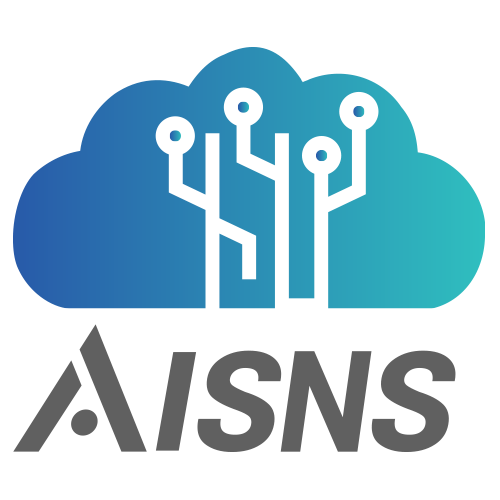
Speakers
SPEAKERS |
Associate Prof. Justice Odoom Southwest University of Science and Technology | Profile: He is working as a Professor in CSE Department, Faculty of Engineering and Technology, SGT University, Gurugram, NCR, India. He was a PhD scholar (Chinese Government Scholarship (CGS) holder) from 2015 to 2019 in the Department of Electronic Engineering, Beijing National Research Center for Information Science and Technology, Tsinghua University, Beijing, China. He has more than 14 years of teaching and research experience in India and abroad. He has authored 40 papers for international conferences and journals. His research areas include applications of cryptography, end-to-end secure communication, blockchain technology's security aspects, and IoT securities. He has worked with more than 500 international conference technical program committees and has also served as an editorial board member for many international journals and as a guest editor for two applied science journals. He is a reviewer for various journals, including IEEE Access, Computers and Security, Information Sciences, Future Generation Computer Systems, and Applied Sciences and Cryptography. He is an IEEE senior member and ACM professional member. Title: Securing IoT systems and networks with blockchain technology Abstract: The expansion of the internet and burgeoning research on IoT/IIoT and other networking technologies including MANET, VANET, Vehicular Social Networks, In-vehicle networking, WSN, and mobile networks (5G, 6G) have paved the way for increased data aggregation and sharing and instantaneous communication. However, these are not without challenges including adversarial threats. A promising technology worth considering is blockchain technology. At the core of blockchain technology are immutability, transparency, traceability, credibility, and decentralization. These intrinsic features make blockchain well-suited for mitigating system and network threats from malicious entities. Moreover, by leveraging blockchain technology, potential threats could be averted. Focusing on security and privacy as two cardinal aspects of networks, this talk sheds light on network solutions that utilize blockchain to enforce network security in the IoT paradigm from the perspective of the device, data, communication, and the user. However, there are hurdles yet to be surmounted. As a result, prevailing challenges in this domain are also expounded to serve as a reference where enthusiasm could be directed towards resolution as well as future prospects in the highly dynamic domain of system and network security. |
Prof. Shigeng Zhang Central South University, China | Profile: Shigeng Zhang is a full Professor of Computer Science at the School of Computer Science and Engineering, Central South University. He received the BSc, MSc, and DEng degrees, all in Computer Science, from Nanjing University, China, in 2004, 2007, and 2010, respectively. His research interests include IoT security, AI security, and smart wireless sensing. He has published over 100 technique papers in top international journals and conferences including TIFS, JSAC, TMC, Ubicomp, Infocom, Mobihoc, and DSN. He is a Distinguished Member of CCF and a member of IEEE and ACM. Title: Encrypted Network Traffic Classification Abstract: Most network traffic is encrypted nowadays, including network traffic generated by massive low-end IoT devices. This poses great challenges to network traffic classification because traditional techniques like deep packet inspection cannot be applied to encrypted network traffic. In this talk, I will introduce the challenges in performing fine-grained encrypted network traffic classification and some recent solutions to address these challenges. Our investigation on recognizing IoT devices based on encrypted network traffic will also be introduced. |
Dr. Dongbo Liu Changhong AI Lab, China | Profile: 刘东博,博士毕业于四川大学计算机学院,导师是计算机学院院长,国家杰青吕建成教授。刘东博目前就职于长虹AI实验室,任高级研究员一职。主要针对工业智能化,医疗智能化,家电智能化等领域,开展关于小样本学习,持续学习,图像感知等领域的研究工作。目前成果已经在长虹各个产业线落地使用,并与华西医院、阜外医院等知名医院开展合作,进行产品落地推广。刘东博发表IEEE trans系列论文数篇,主持省级重点研发项目一项,作为骨干人员参与国家重点研发计划一项,自然基金重点项目一项。 Title: 人工智能时代——人工智能与智能家居 Abstract: 人工智能的浪潮已经席卷了各个领域,无论是制造业还是互联网通信,与人工智能相结合都成为了必然的趋势。人工智能究竟是什么?人工智能又如何与亿万户家庭相结合?智能家居究竟是什么样子的?本讲座将深入浅出的为大家一一解密。 |
Assoc. Prof. Chuan Luo Sichuan University, China | Profile: Dr. Chuan Luo is currently an Associate Professor with the College of Computer Science, Sichuan University, Chengdu, China. He received the Ph.D. degree in Computer Science from Southwest Jiaotong University, Chengdu, China, in 2015. He was a Visiting Ph.D. Student with the University of Regina, Regina, SK, Canada, in 2014. In Feb. 2019, he was a Visiting Scholar with the Harvard University, Cambridge, MA, USA. His current research interests include granular computing, cloud computing, and incremental learning. He won the Natural Science Prize (2nd Grade), awarded by the Ministry of Education of China (2021). He is the recipient of two Best Paper Awards at the 12th International FLINS Conference on Uncertainty Modeling in Knowledge Engineering and Decision Making (FLINS’16), and the 2012 Joint Rough Set Symposium (JRS’12), a Workshop Best Paper Award at the 2019 IEEE Cyber Science and Technology Congress (CyberSciTech’19), and two Best student Paper Awards at the 2015 International Joint Conference on Rough Sets (IJCRS’15) , and the Joint Conference of 13th China Conference on Rough Sets and Soft Computing (CRSSC’13). He has published more than 70 research papers in international conferences and journals, such as the IEEE Transactions on Knowledge and Data Engineering, IEEE Transactions on Parallel and Distributed Systems, IEEE Transactions on Neural Networks and Learning Systems, IEEE Transactions on Fuzzy Systems, Information Sciences, Information Fusion, Pattern Recognition, Knowledge-Based Systems, Expert Systems with Applications, Neurocomputing, International Journal of Approximate Reasoning, etc. He serves as an Editor of Human-Centric Intelligent Systems, Member of Special Committee of CAAI Granular Computing and Knowledge Discovery. He has served as Program Co-Chair of ICAIP 2021-2022、BDML2020-2021, FCST 2016, Session Chair of PAKDD 2022, IEEE DSInS 2021, IEEE CyberSciTech 2019-22021, CRSSC 2014, Web Chair of CCF BigData 2022, etc. Title: Towards Scalable Feature Selection Abstract: The emerging Big dimensionality presents an immediate challenge pertaining to the scalability issue in the data analytics and computational intelligence communities. Feature selection, as a type of dimension reduction technique, has been proven to be effective and efficient in handling high dimensional data. However, the appearance of large data explosion leads to the existing serial computing feature selection algorithms are extremely time-consuming due to the limited computational and storage resources. As a practical pathway to pursue the challenge of explosive growth and aggregation of data, parallelization of algorithms by exploiting high performance computing resources in a distributed computing environment have increasingly gained strengths in facilitating large-scale data analysis. This talk will introduce our recent research works targeting scalable feature selection from multiple perspectives: Spark rough hypercuboid approach for scalable feature selection, Large-scale meta-heuristic feature selection based on BPSO assisted rough hypercuboid approach, and RHDOFS: a distributed online algorithm towards scalable streaming feature selection. |
